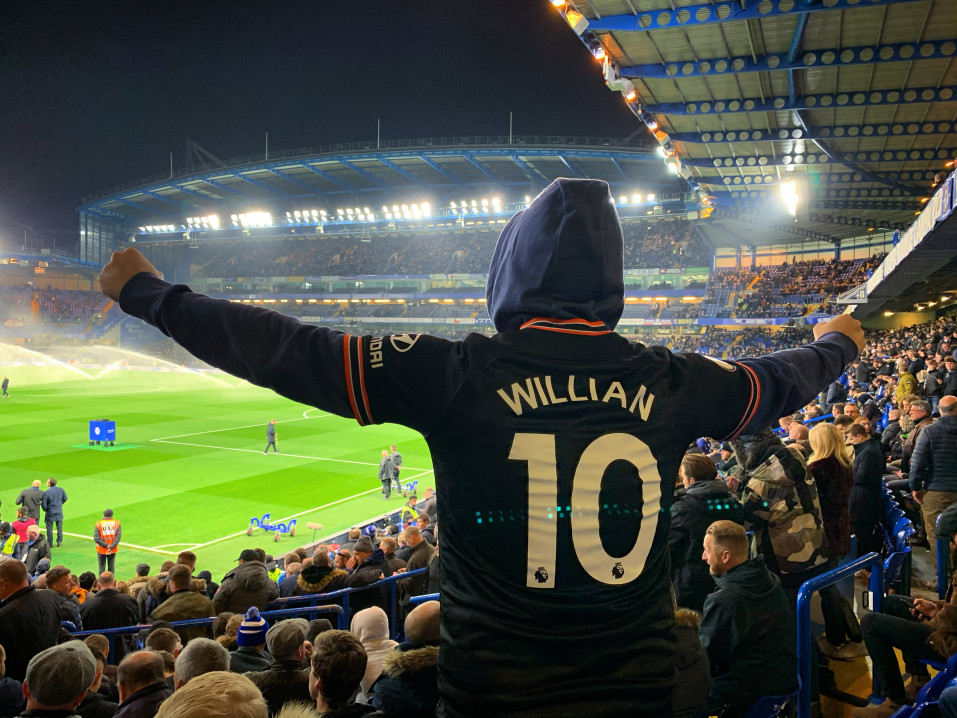Its Russian owner is close to Putin, so the football club has been barred from making any money.
Valentine’s Day 2022 saw many footie fanatics head over heels for Chelsea FC’s owner, the Russian billionaire Roman Abramovich. On that day Chelsea lifted the Club League cup, putting the Blues into the history books as a club that has now won every footballing trophy available. Many credit this success to Abramovich, and particularly to his willingness over the last couple of decades to pour millions of pounds into making Chelsea world-class, particularly via recruiting top players with salaries that are lucrative even by footballing standards.
But within a fortnight the mood had changed completely. On February 24th, Abramovich’s (alleged) buddy, the Russian leader Vladimir Putin, invaded Ukraine, unleashing a torrent of destruction and bloodshed. The UK, along with many other Western countries, responded by slapping sanctions on goods and people they deemed to be closely connected to the Russian regime. (Sanctions, FYI, are a type of punishment that works by placing restrictions on economic activity.) Abramovich had his UK assets, including Chelsea FC, frozen. That stopped the club from doing anything that might benefit Abramovich financially, including selling match tickets and merchandise, transferring and loaning players, and extending contracts. It was only because of a special government-created licence that Chelsea could still play games and pay salaries. Abramovich will also be allowed to sell the club to a new owner, but can't make money from the sale.
The situation is driving a great deal of conversation about who should own football clubs. Who gets to influence football in this way matters, because football matters. The English football leagues are deeply woven into people’s social lives, sense of identity and overall wellbeing. They are a cultural icon and a cultural export; head to pretty much any corner of the globe and before long you’ll run into a fan of one of the big English clubs. Football connects people; across geography, across generations, across class. It is also a huge money-spinner. The Premier League clubs alone made £5.2 billion in the 2018/19 season (the last one before the pandemic whacked its revenues). According to its own website, the League benefits the UK economy in numerous ways: it’s responsible for 100,000 jobs, 686,000 tourists (who will spend money in the UK while visiting) and £3.3 billion of tax money.
Given this, it's unsurprising that many people are worried that the beautiful game could end up being tainted by the ugly actions of some club owners. And for some, the idea that the Abramovichs of the world may have made their money in problematic ways via connections with problematic people isn't the only thing that marks them out as unsuitable owners. They also dislike the idea of ceding control of football clubs to billionaires, period.
There are a few reasons behind this view. One is that while having a ton of money to fling at a club might benefit that particular team, it may hurt the football leagues overall. The idea is that poorer teams cannot compete with the largess and therefore struggle to attract or hold on to talented players. Slimmer chances of winning translate into less joy for supporters, and everybody is left with sports that don't feel like a true competition and are therefore far less exciting to watch. Some people also question whether a bunch of rich men (they are mostly men) without strong personal connections to the clubs they own will ever truly have the best interests of the club at heart. Such people often support a fan-ownership model instead.
Read our explainer on: power in the workplace

